FISH habitat has been improved on two rivers in Cornwall through a six-year, multi-million-pound project between environment-related organisations.
Westcountry Rivers Trust (WRT), The Environment Agency and Natural England began the Water for Growth (W4G) project in 2017.
They worked with South West Water, the Fowey and Camel River Associations, the Highways Agency, Forestry Commission, Cornwall Council and a variety of angling clubs. Issues such as dense tree cover and in-river barriers blocking the travel of migratory fish such as salmon, trout and sea trout along the rivers Camel and Fowey have been addressed.
Our project lead Dr Bruce Stockley said: “Engaging with landowners and local weir owners, the partnership has remedied 17 in-river structures, which had previously been limiting fish access to their upstream spawning grounds.
“The work also improved four hectares of habitat suitable for fish eggs and juvenile fish.”
Celebration event
To celebrate, on Thursday 22 June, project colleagues and guests met us where it all began at Enfield Park, Camelford, for a walk and talk and to see the first fish pass installed by the project.
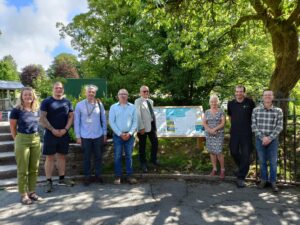
Some of the team and guests visit the project’s first fish pass at Enfield Park in Camelford.
From left to right: Layla Ousley (WRT), Craig Renton (WRT), Mark Rice (EA), Bruce Stockley (WRT), Barry Jordan (Cornwall Council), Lesley Newport (EA), Dave Shorten (EA), Dave Chapman
Cornwall Councillor Barry Jordan Said: “Works carried out by the Trust on the River Camel in Camelford has been a great success, with the fish pass providing a safe avenue for future generations of fish.
“The information board in Enfield Park is a great asset to the town and for people who want to find out more about fishing the river.”
“Westcountry Rivers Trust must be congratulated on the works carried out with the help of project partners and the Town Council. It shows that when people work together good things can happen.
“I am sure our MP Scott Mann who unfortunately couldn’t join us will be delighted at the outcome.”
Barrier solutions
Where structures couldn’t be removed, alternative solutions have been applied. One is at Treliver Bridge, which crosses the River Ruthern, near Bodmin, and lies within the Camel catchment’s designated Site of Special Scientific Interest (SSSI) and Special Area of Conservation (SAC).
Craig Renton, River and Fisheries Officer at WRT said: “Fish passage had been impacted due to lower water levels and increased river flow at the bridge.
“Following consultation with partners, we inserted low-cost baffles in-river to contain the flows, increasing the water depth and slowing flow rate.
“This intervention means there is clear and easier passage upstream, with annual surveys being conducted to monitor juvenile fish numbers and provide oversight of the easement’s ongoing effectiveness.”
Fish pass App & project film
Anglers have also been able to use the award-winning Fish Pass App, developed through the project. They can purchase fishing beat access and find information such as catches and directions to site.
In a film to acknowledge W4G’s success, angling development officer for WRT, James Christoforou, said: “This has been a unique opportunity to reverse the catastrophic decline of certain [fish] species here in the Westcountry.
“For every pound we have invested in this project, the river, associated animals and plants have received seven pounds worth of bonus.”
Bill Smith, angler and Chairman of the Fowey River Association said: “We massively support the project, just as the Westcountry Rivers Trust has always supported us [the Fowey River Association].
“I’ve seen first-hand the difference that the W4G project has made in the Cardinham stream, by removing a log jam which was blocking fish migration passage.
“Since the removal, we’ve seen Salmon successfully swimming upstream and this improvement has been documented in our fry surveys.
“We’re very grateful for all the work done.”
The project received £1.6 million from the European Regional Development Fund as part of the European Structural and Investment Funds Growth Programme (2014 – 2020) alongside match funding inputs from Natural England, the Environment Agency, South West Water and WRT of over £700,000.
Mark Rice, Environment Agency Area Director for Devon and Cornwall and the Isles of Scilly, said the agency is delighted to have been involved as a key partner.
He added: “Our contribution of over £450,000 towards river improvement works, including the removal of redundant gauging stations, will benefit Cornwall’s Natural Capital and bring economic benefits to many local enterprises and the wider community in years to come.”
Visit https://wrt.org.uk/project/water-for-growth/ to see the film, for more information and to access the economic assessment report.
Find our more about the Fish Pass App: Fish Pass: our innovative new angling app

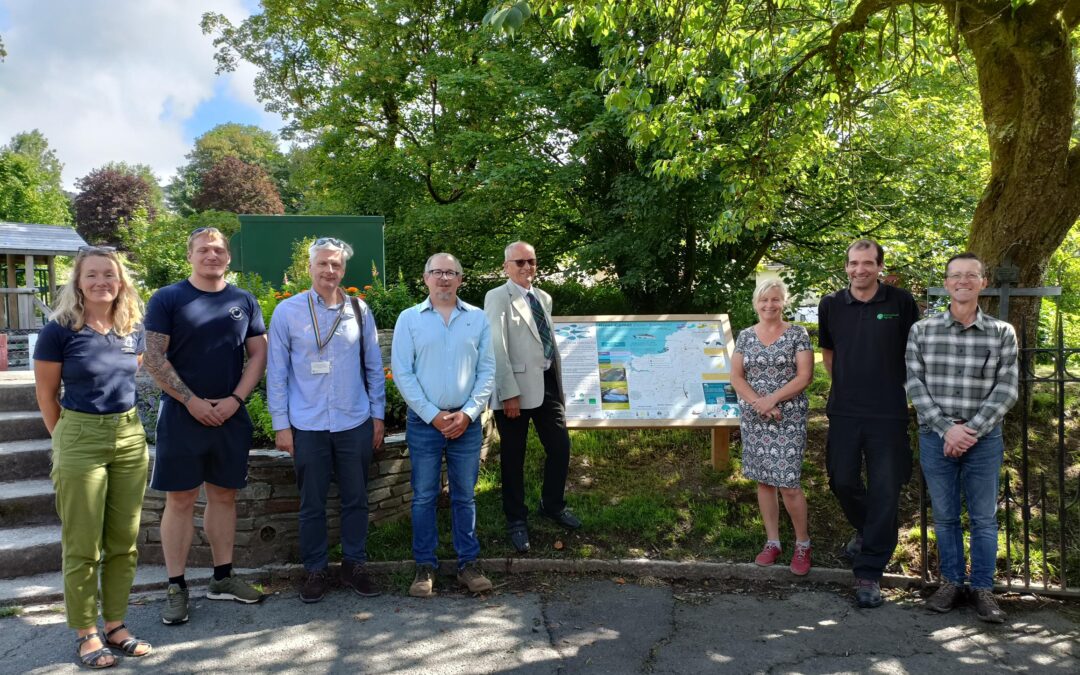
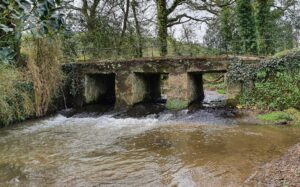
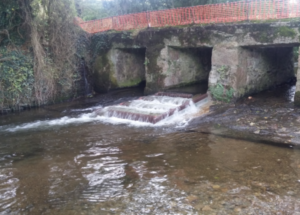
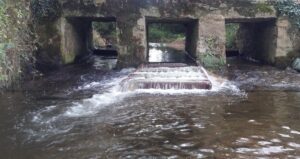
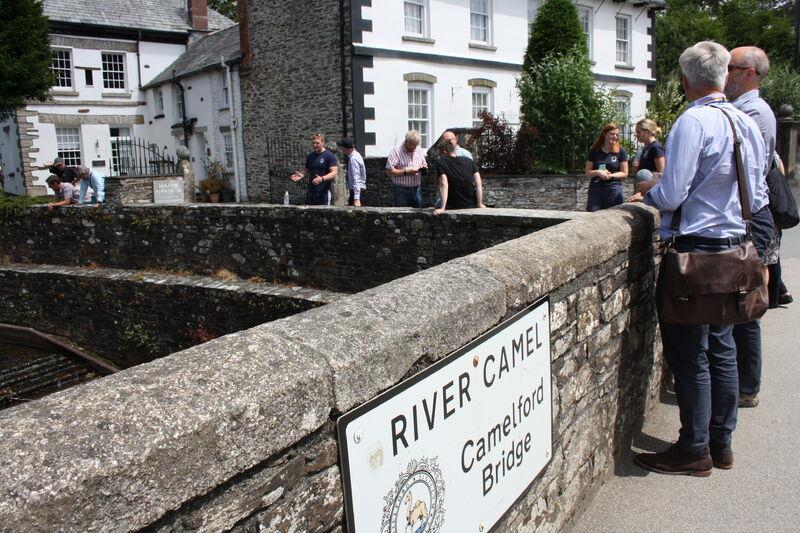
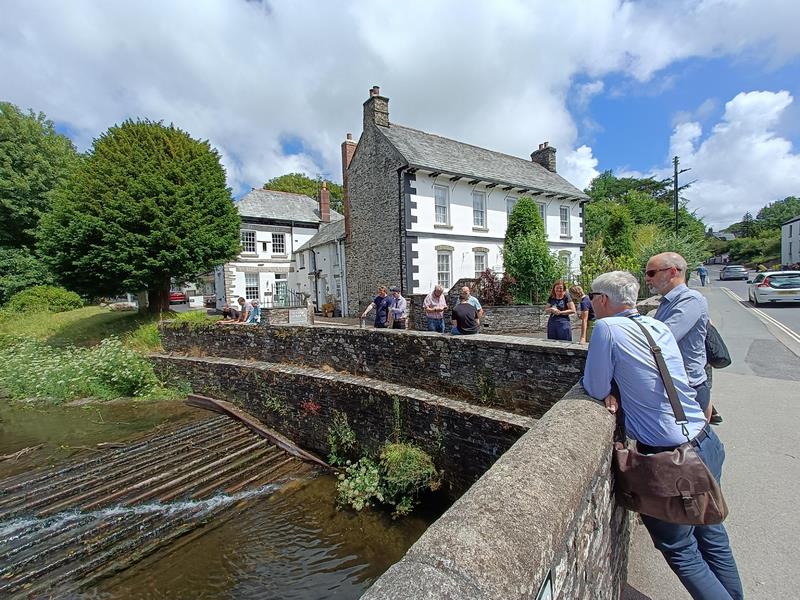
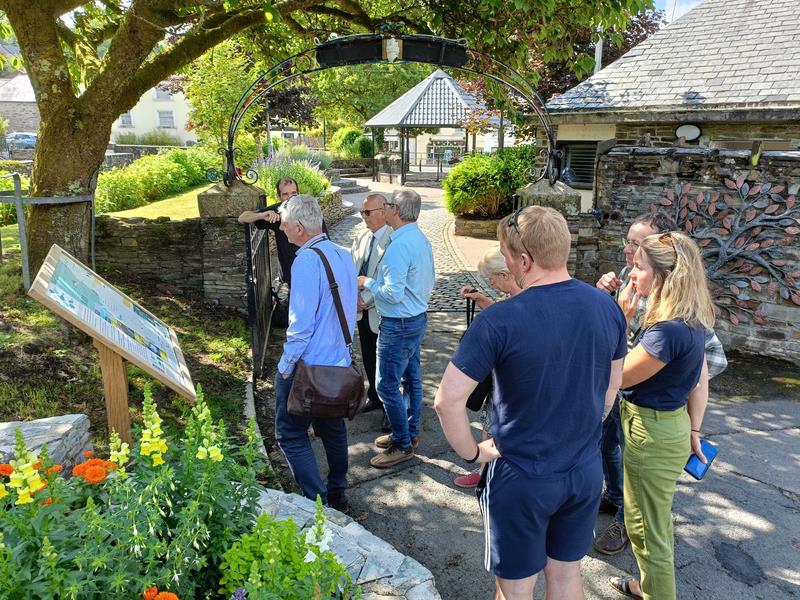
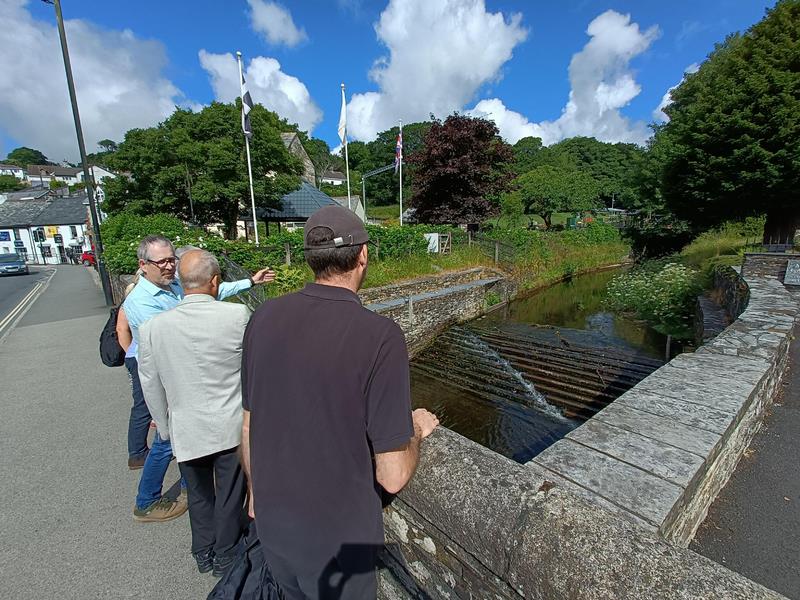
So pleased to read, great success achieved.
Congrat for the project in Cornwall. All the best. Razvan Stream restoration – fish passage!
https://kbog.org/fish-habitat-river-restoration/